Meet the team
Academic Staff
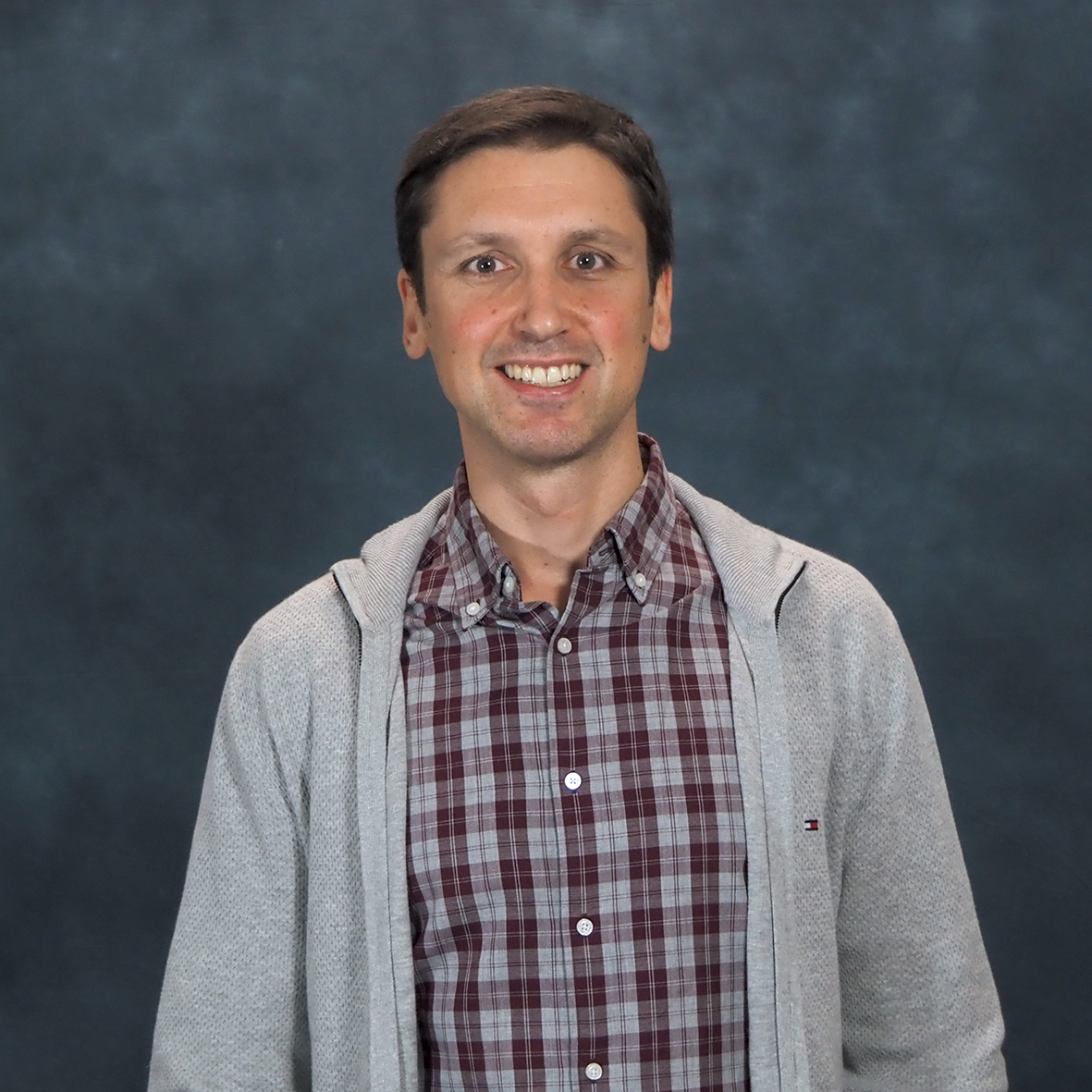
Dr Carlos Garcia Nuñez
Lecturer in Electronics and Nanoscale Engineering
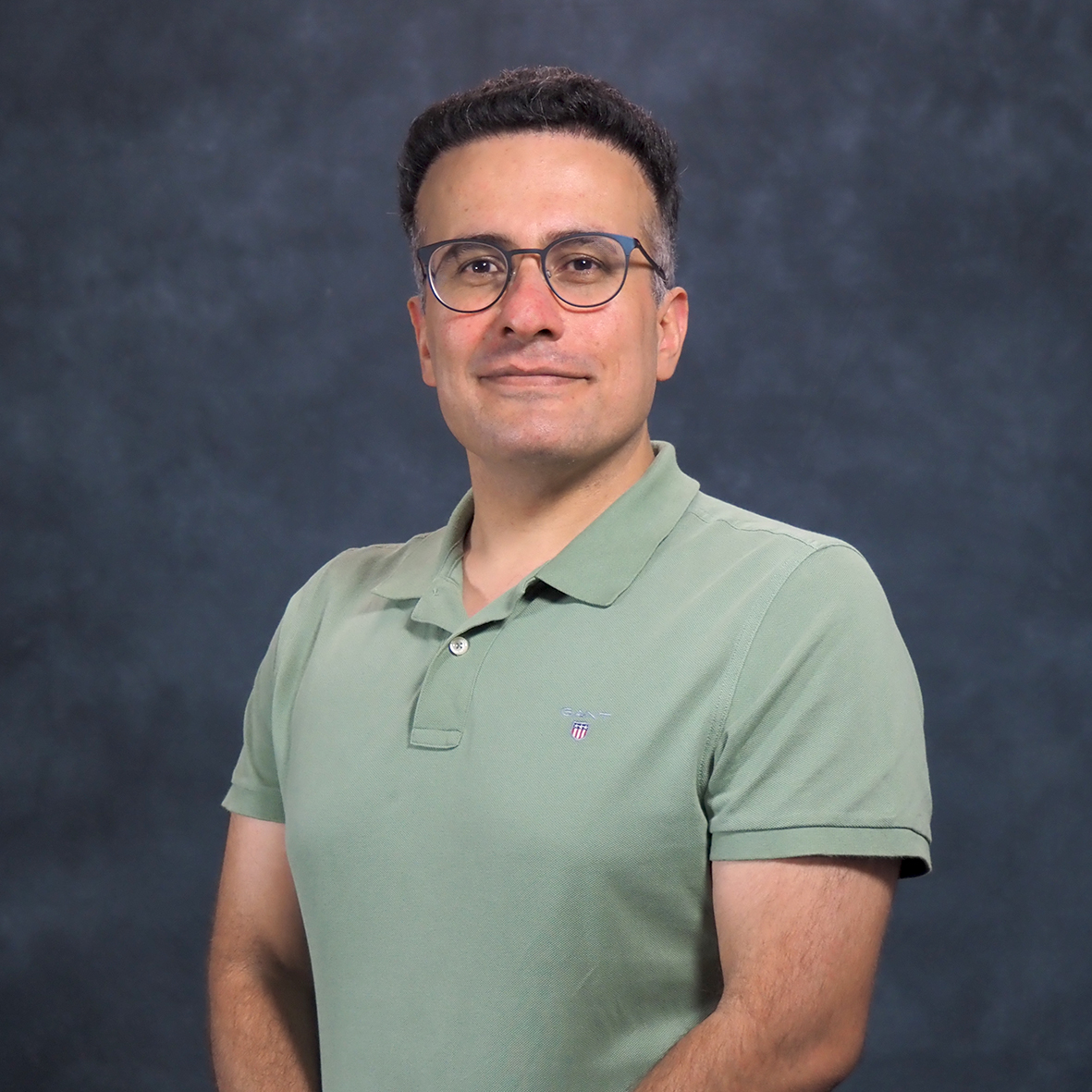
Prof Hadi Heidari
Professor of Nanoelectronics
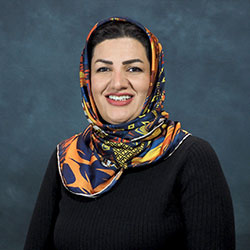
Dr Roghaieh (Pari) Parvizi
Lecturer in Electronic Engineering
Postdoctoral Researchers
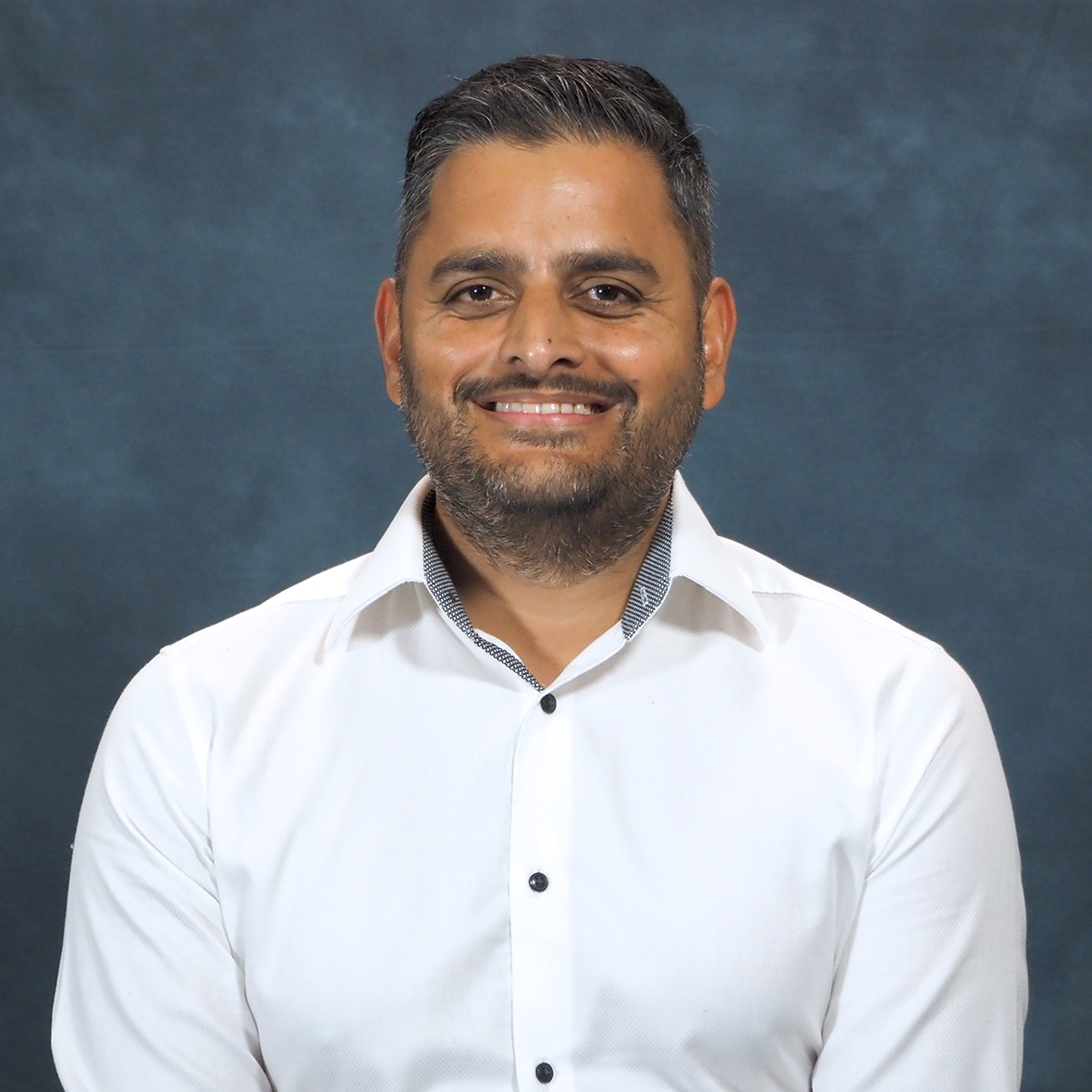
Dr Mohammed Mughal
Research Associate
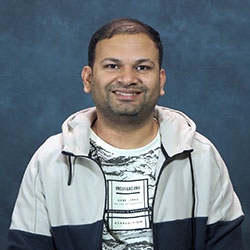
Dr Zeeshan Ali
Research Associate
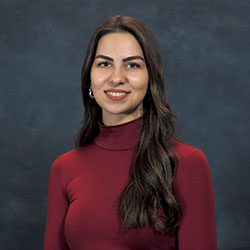
Dr Stavroula Kapoulea
Research Associate
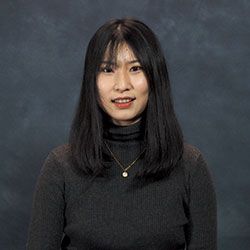
Judy (Jungang) Zhang
Post doctoral Research Associate
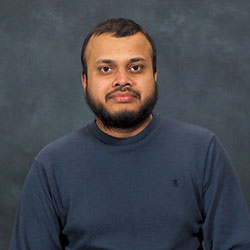
Dr Meraj Ahmad
Research Associate
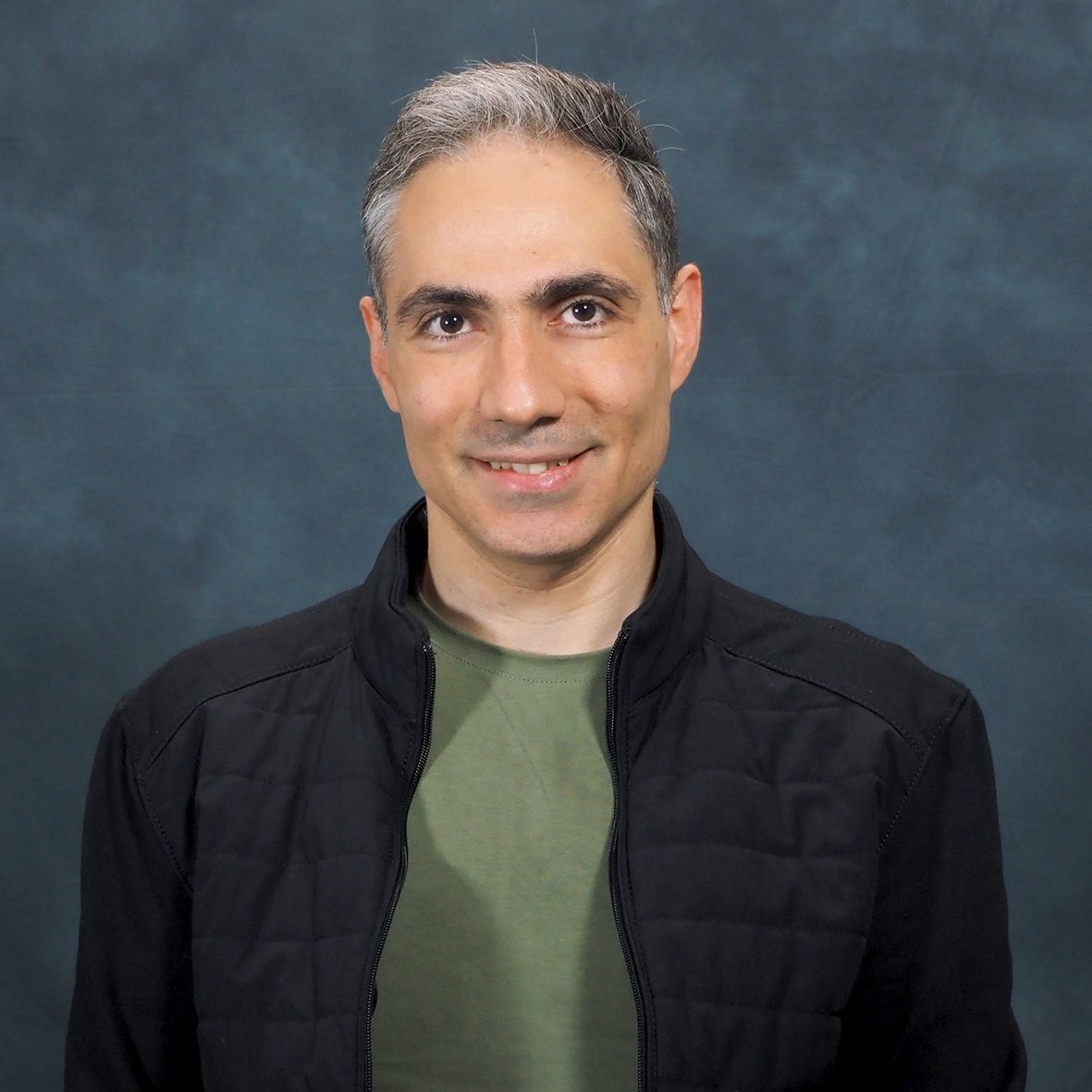
Dr Hossein Eslahi
Research Associate
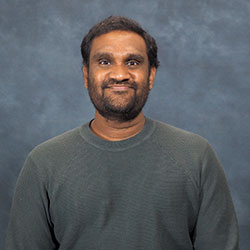
Dr Bhavani Yalagala
Marie Curie Early-Stage Researcher
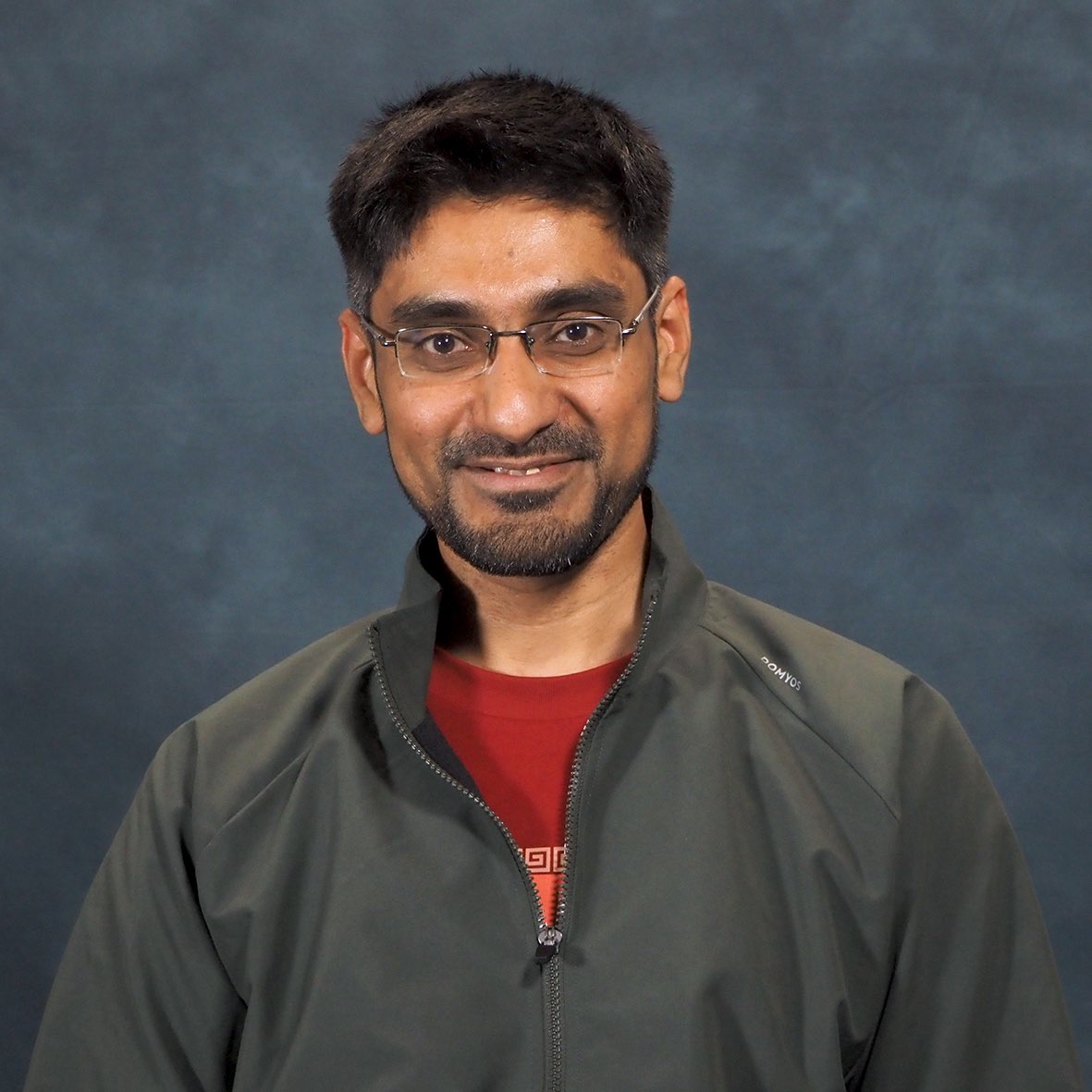
Dr Farman Ullah
Research Associate
Research Support
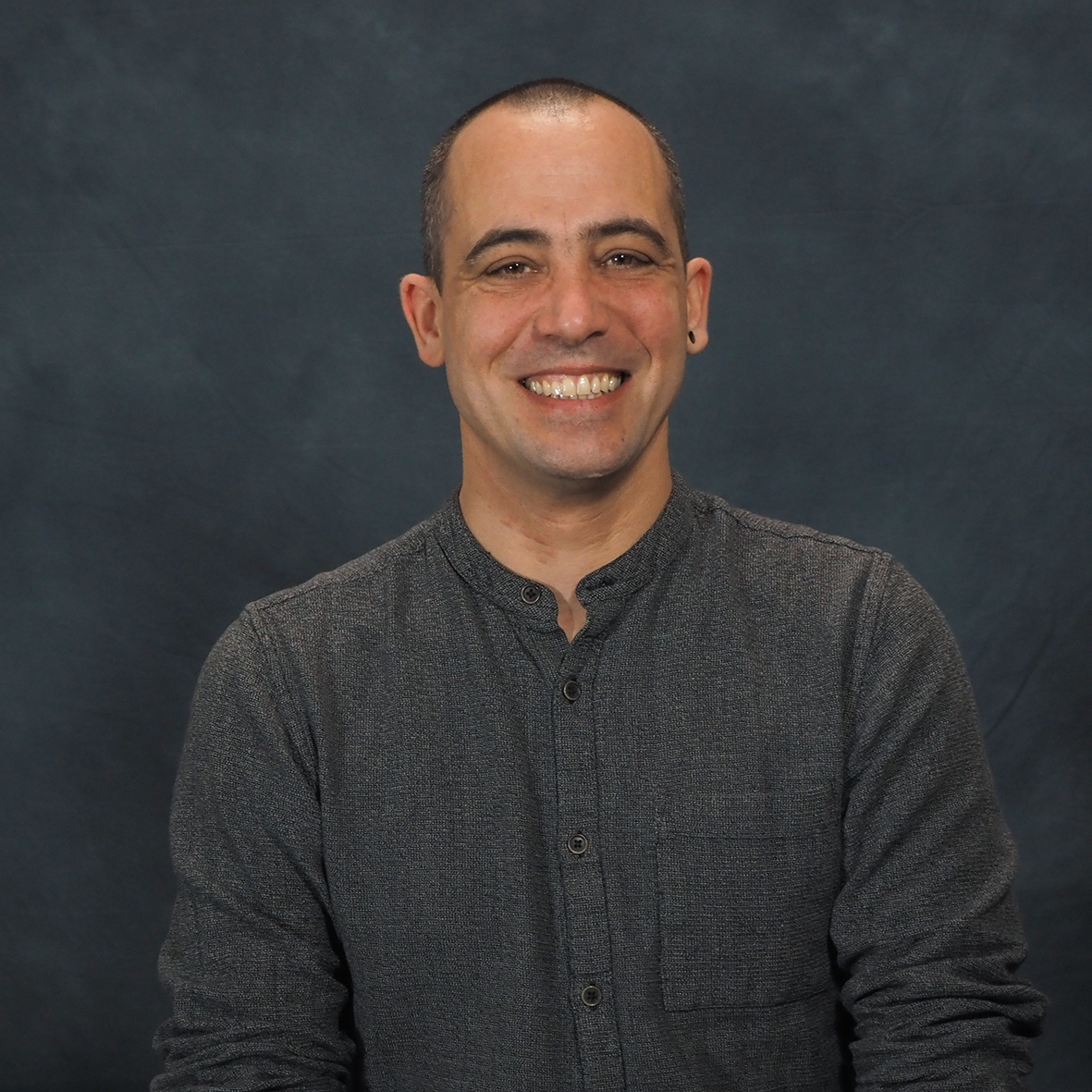
Dr João Valente
Research Technologist
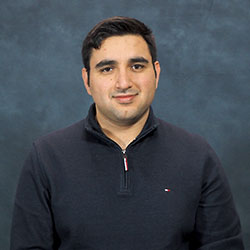
Dr Hossein Parvizi
Biomedical Engineer
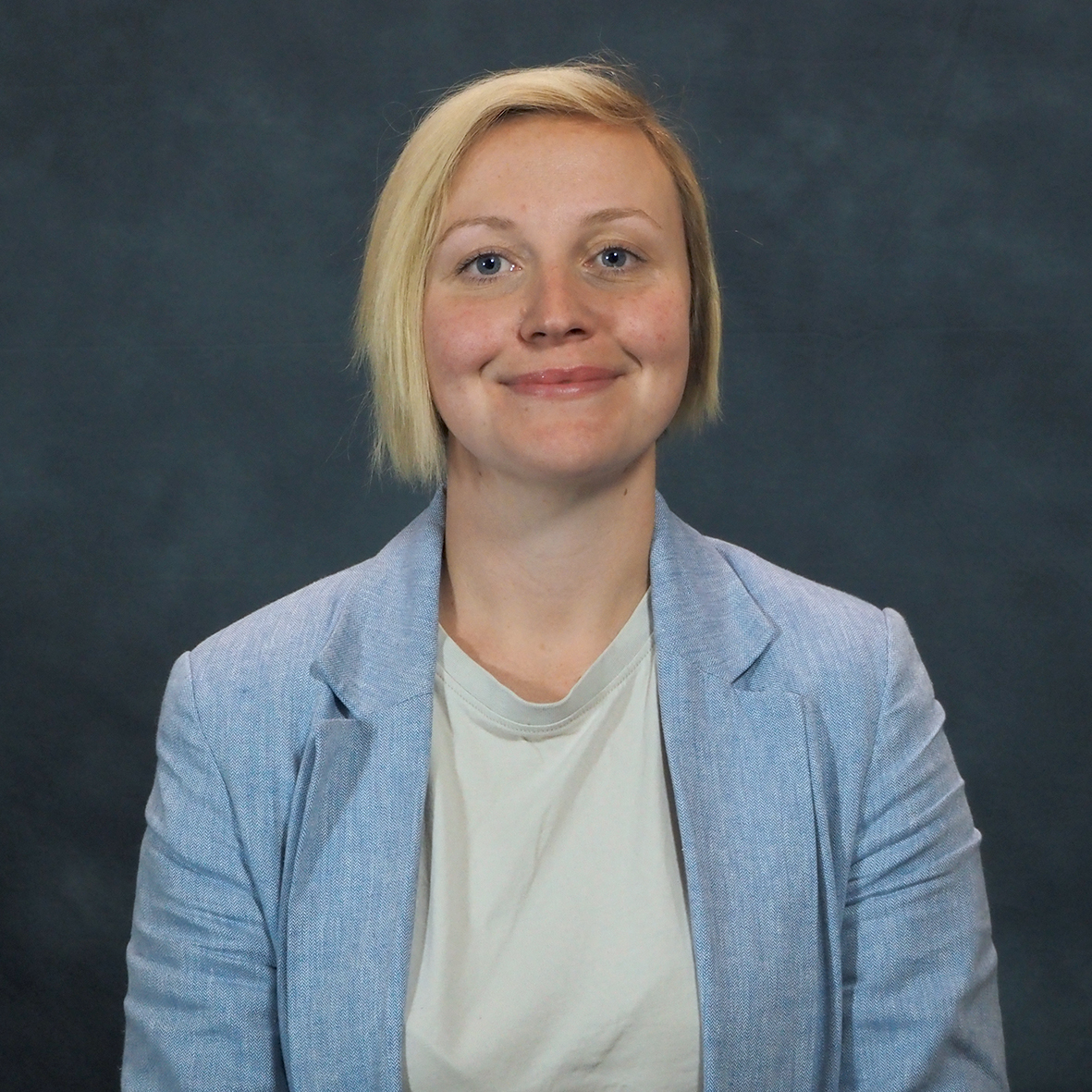
Dr Hannah Thomson
Research Officer
Affiliate Researchers
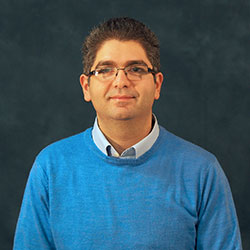
Prof Rami Ghannam
Professor of Electronics
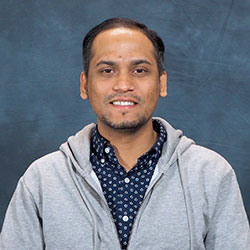
Dr Rupam Das
Lecturer in Electronic Engineering, University of Exeter
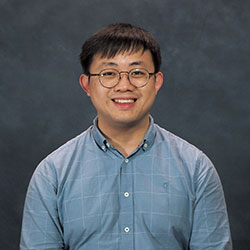
Dr Siming Zuo
Affiliate
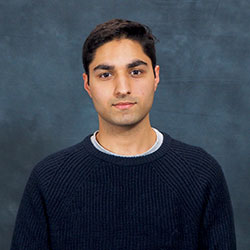
Dr Asfand Tanwear
Affiliate
PhD Students

Ali Mo
PhD student (Since July 2024)
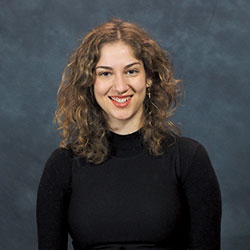
Antonia Pavlidou
PhD student (Since Oct 2021)
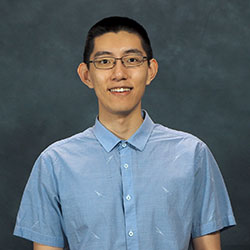
Changhao Ge
PhD student (Since Oct 2021)
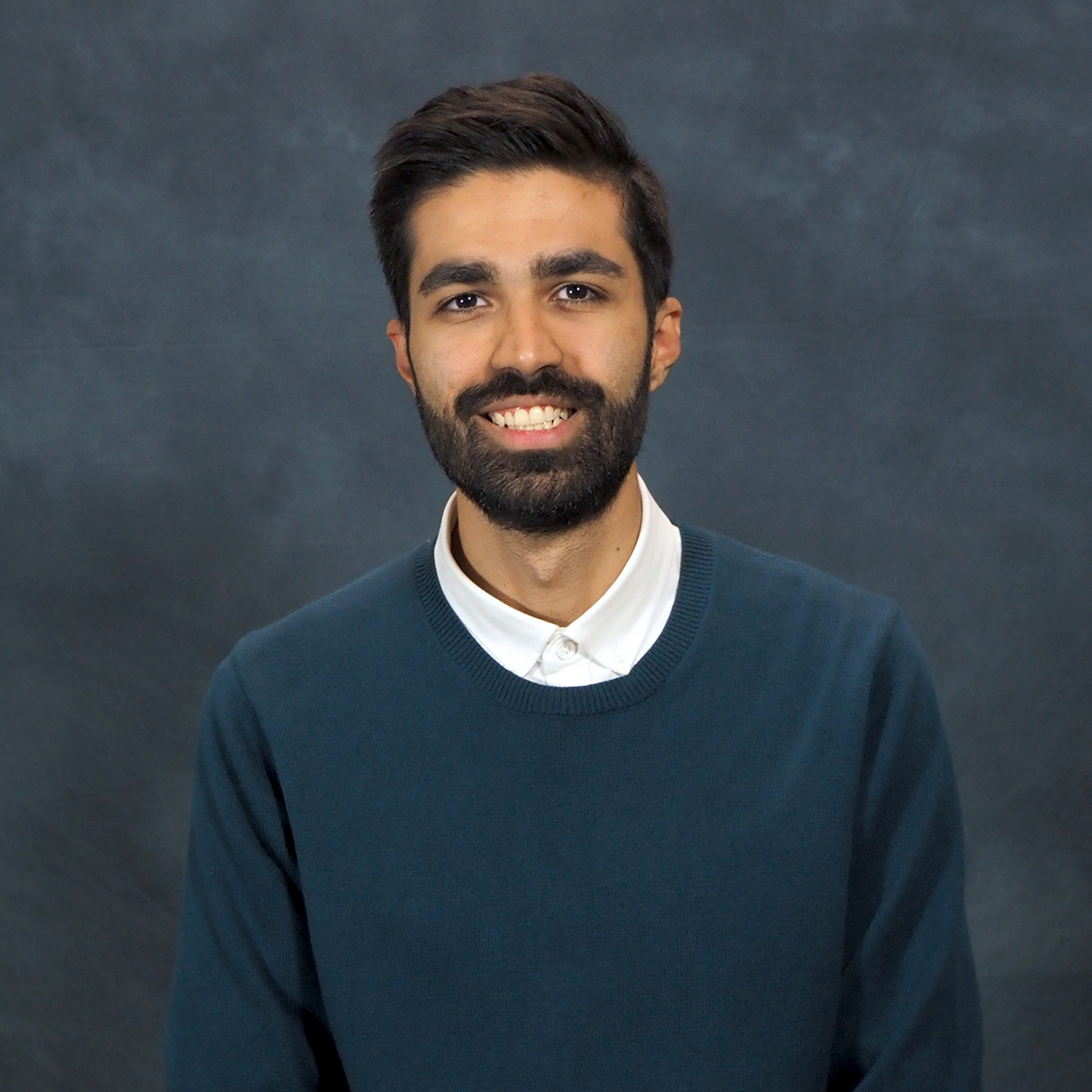
Danial Kiamarsi
MRes student (Since Nov 2023)
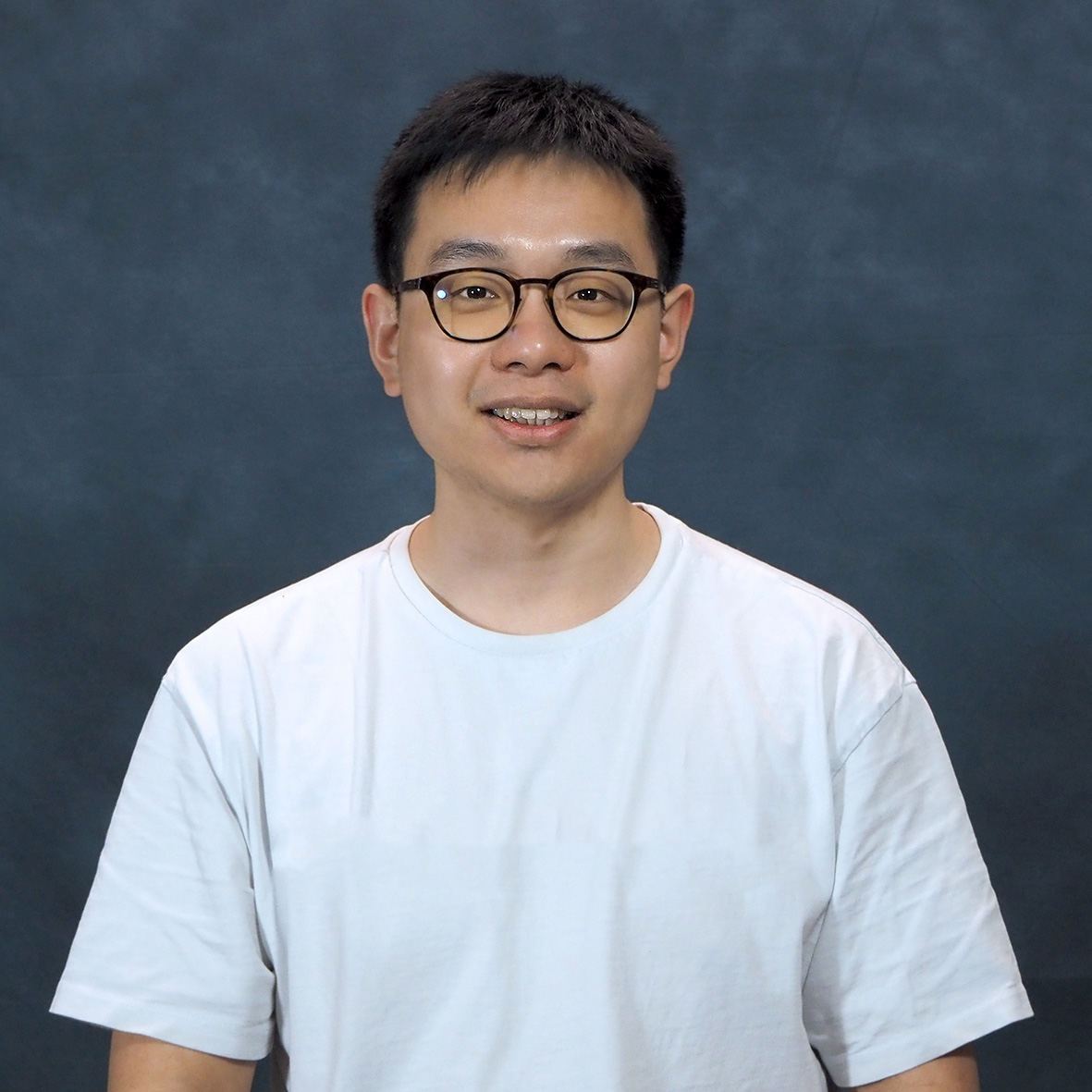
Huxi Wang
PhD student (Since Oct 2020)
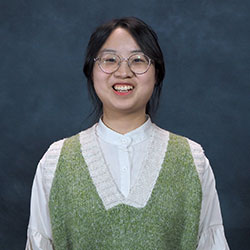
Jane (Yuqi) Ding
PhD student (Since Oct 2021)

Jiaoran Wang
PhD student (Since June 2024)
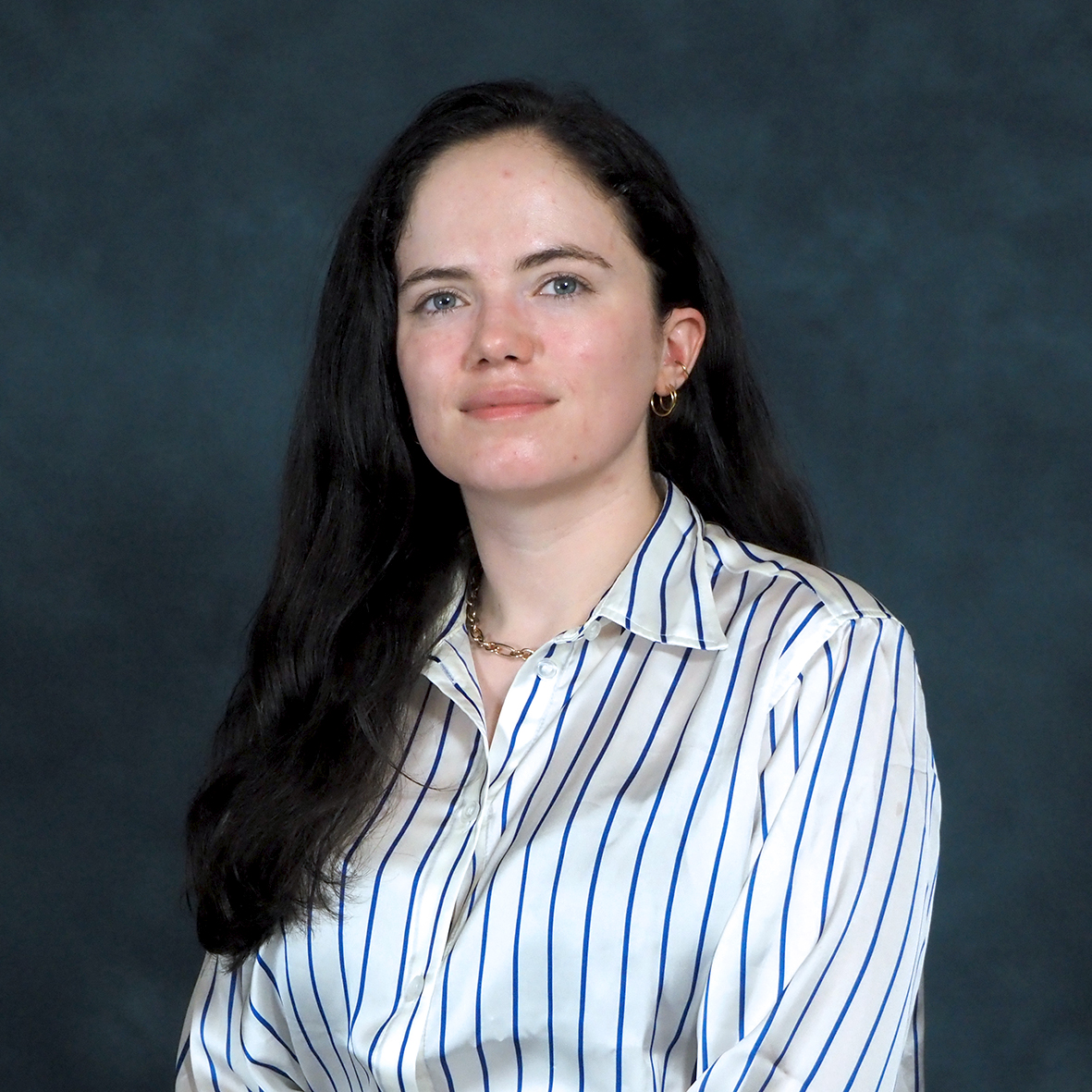
Katie Wilkie
PhD student (Since Oct 2023)
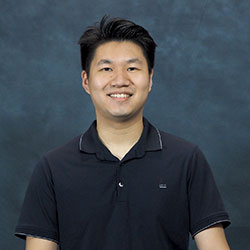
Kevin (Yuanxi) Cheng
PhD student (Since Oct 2022)
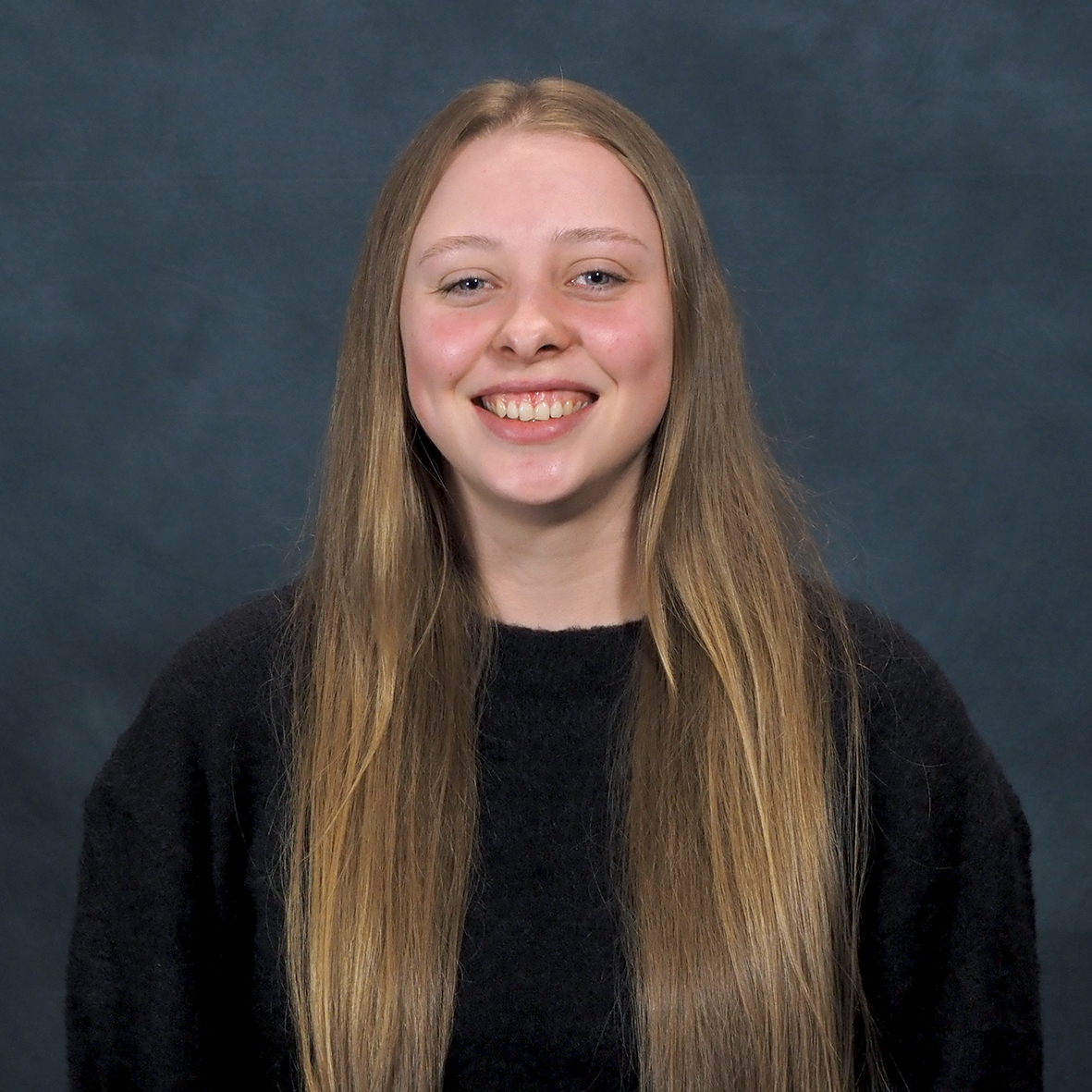
Kirstin Saunders
PhD student (Since Oct 2023)
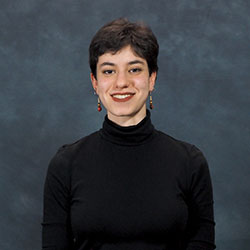
Laura Mazon Maldonado
PhD student (Since Jan 2023)
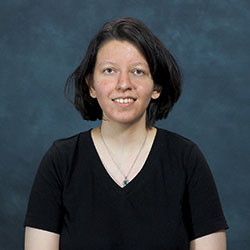
Mahdieh Shojaei Baghini
PhD student (Since April 2021)
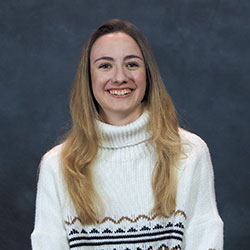
Maria Cerezo Sanchez
PhD student (Since Oct 2021)
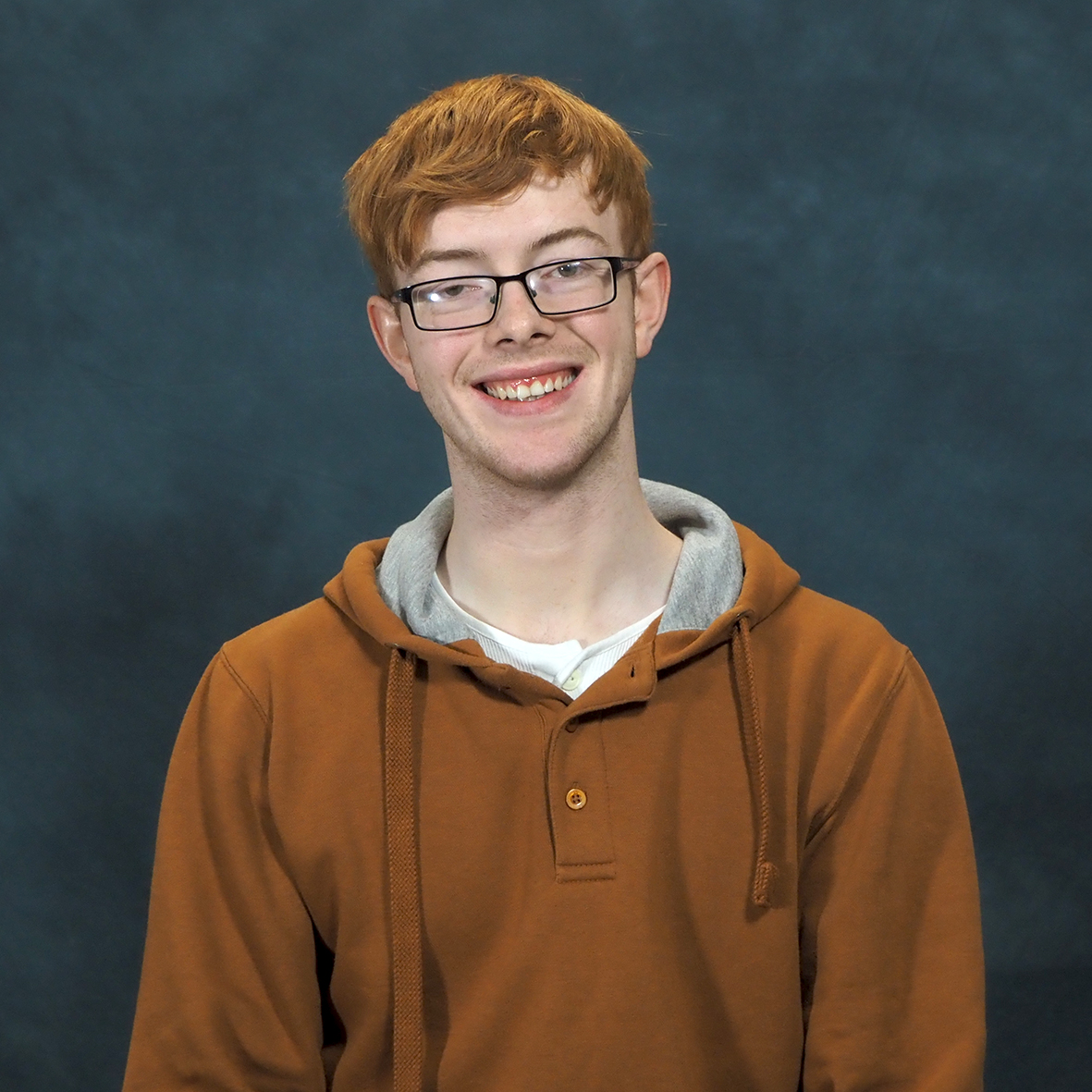
Michael McKinlay
PhD student (Since Oct 2022)
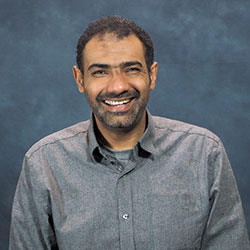
Mohamed Abdalla
PhD student (Since Oct 2021)
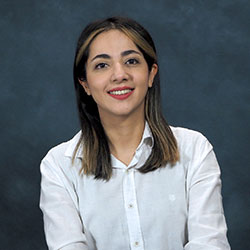
Negin Ghahramani Arekhloo
PhD student (Since Oct 2021)
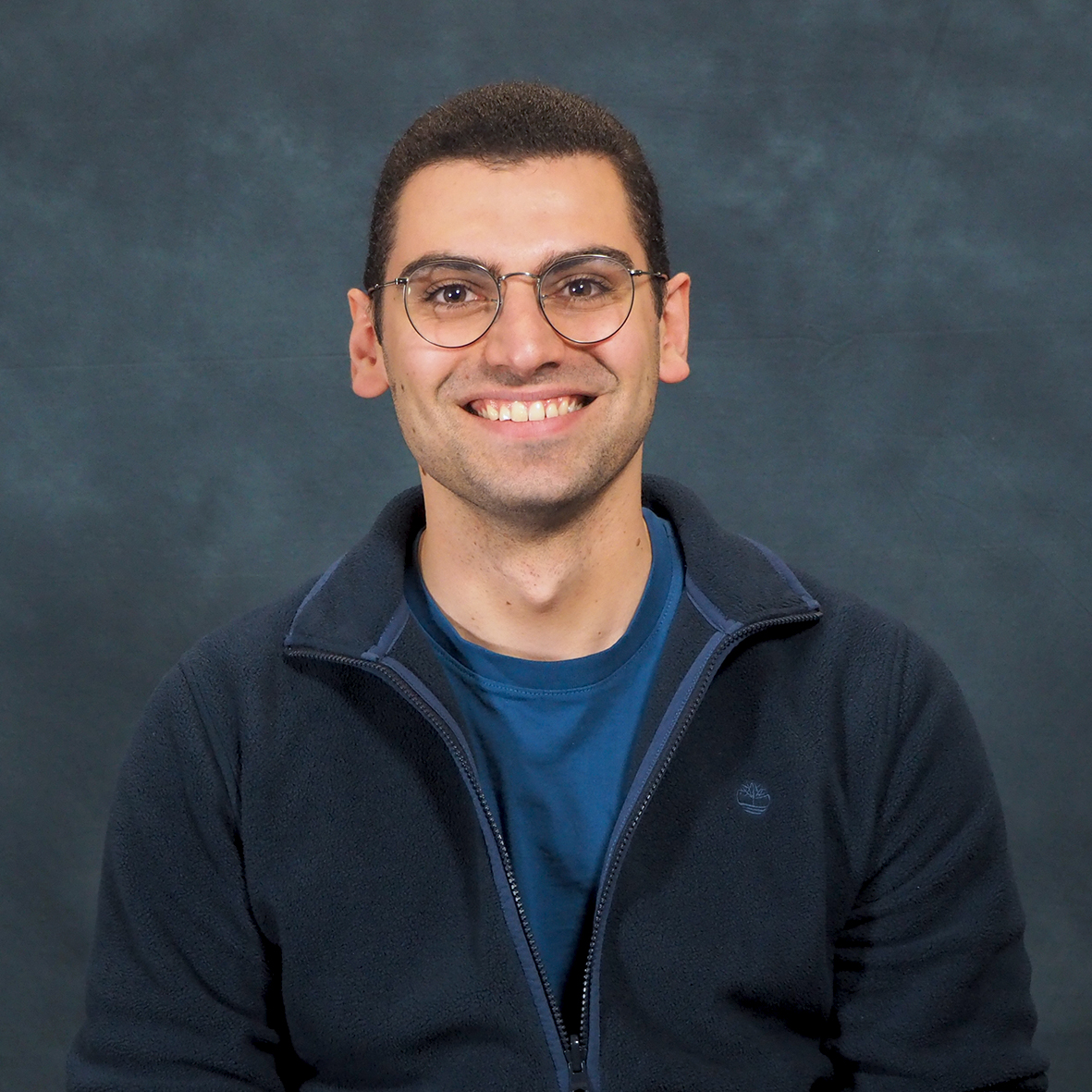
Nikodemos Konstantinou
PhD Student (Since Sep 2022)

Paria Kamkar
PhD student (Since April 2024)
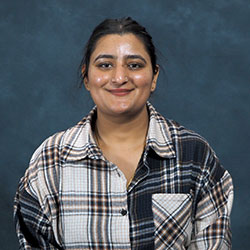
Priyanka Dhiwa
PhD Student (Since Oct 2021)

Tahereh Azargoshasb
PhD student (Since May 2024)
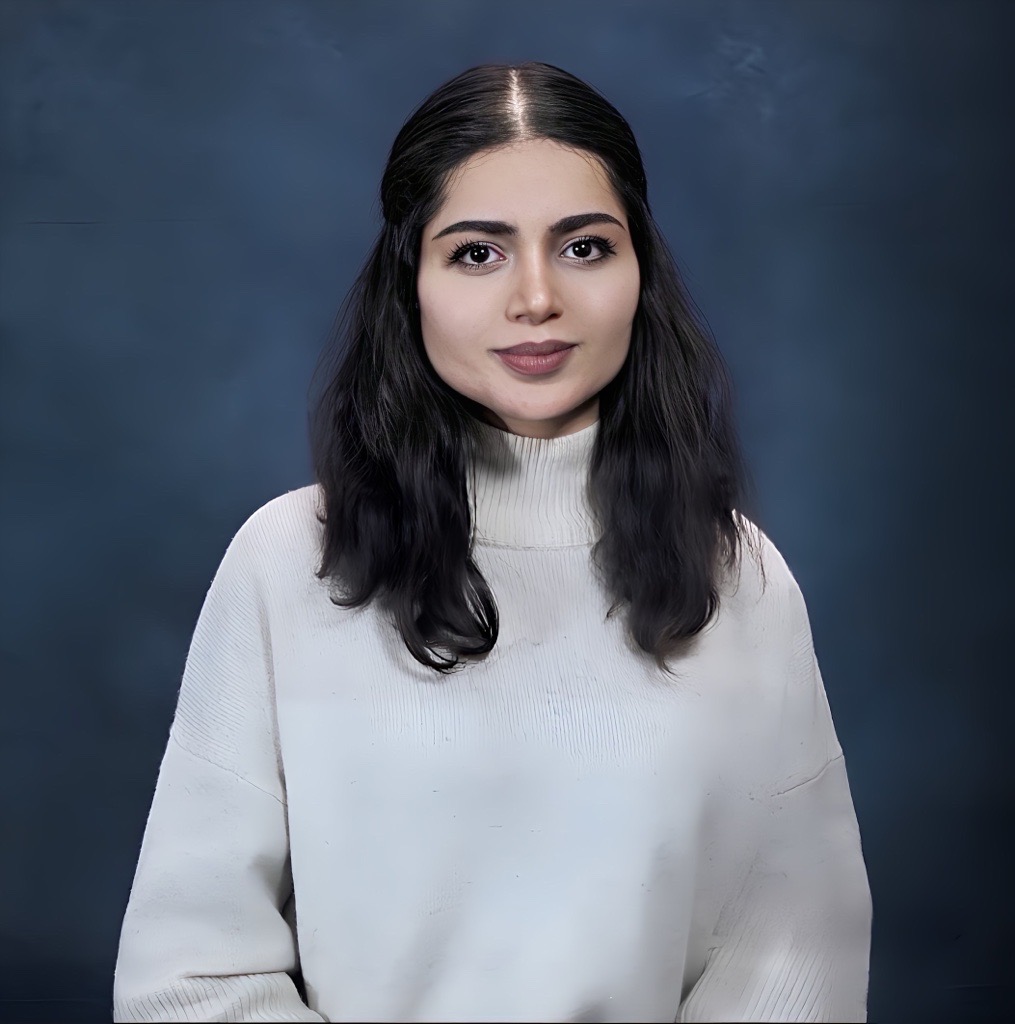
Tahereh Masalehdan
MRes student (Since March 2023)
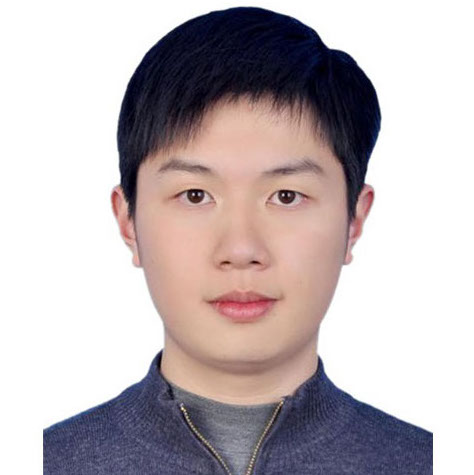
Yuanjie Xia
PhD student (Since Oct 2020)








